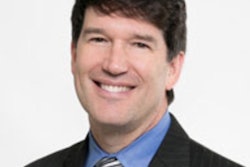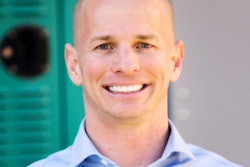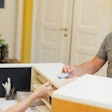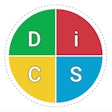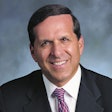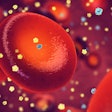
Until recently, many dentists had a certain perception about "emergency patients" -- and it wasn't great. Often, this type of patient was thought to be generally undependable -- either incapable of paying for services, a guaranteed no-show, likely to return to his or her regular dentist after the emergency was treated, or the like. These perceptions left dentists to wonder if an emergency case was really worth rearranging their schedules, staying late, or giving up their holidays.
And then the COVID-19 pandemic hit.
 Renee Hense.
Renee Hense.For most dentists, shelter-at-home regulations meant that the only cases they could accept during this time were emergency or urgent care patients. What they discovered was that these cases not only went a long way toward generating revenue during a crucial time but also (for many) shattered their preconceived notions about emergency patients.
During the coronavirus shutdown, more than 24,000 patients seeking emergency dental care were matched to a dentist using the patient referral services of 1-800-DENTIST, a company that has conducted extensive research on the benefits of accepting emergency patients.
The information the company has gathered is helping to dispel a number of myths about emergency referrals. Here are just a few.
Myth No. 1: They can't pay
More often than not, emergency patients are thought of as down-on-their-luck individuals whose neglected dental health has led them to a desperate need for care. Research paints a very different, and more accurate, picture.
Most emergency patients have the ability to pay, with 71% having dental insurance, 43% boasting annual household incomes of $50,000 or more, and 65% working (full time, part time, or self-employed).
Dental health is a priority, with 94% having been to the dentist in the past 12 months and 32% visiting the dentist three or more times in the past 12 months.
Myth No. 2: They don't show up
If you ask dentists to share their No. 1 frustration, they're more than likely to say "no-shows." In fact, research indicates that (on average) a practice will have as many as six patients a week who will book an appointment but not show up, costing dental practices an estimated $62,000 a year in missed production.
However, when surveyed, dentists said that emergency patients who had booked a same- or next-day appointment had a show-up rate of more than 95%. That means that emergency patients were almost 20% more likely than existing patients to show up for their appointment.
Myth No. 3: You'll never see them again
Additionally, emergency dental patients have developed a reputation for being "one-and-done" consumers. The rationale being that a patient seeking urgent care is looking for any port in the storm, and the person will remain loyal to his or her existing dentist once the immediate need has passed.
Research suggests that this assumption is only partially correct. While 26% of patients have said they would opt for a dentist with immediate appointment availability over their current dentist, it's what happens next that's most surprising. After that initial emergency visit, almost 50% said they will continue to see the new dentist for regular care, rather than returning to their existing provider.
So why did those patients switch to the dentist whose doors were open? Approximately 70% of survey respondents said it was because of a "sympathetic dentist who made me feel comfortable during my emergency." This was also the response from 100% of those emergency patients polled who had an annual household income of more than $100,000. So while you can't put a price on compassion, these figures would suggest you can quantify its effect on attracting new patients and improving your long-term return on investment.
Myth No. 4: It's a niche market
Some may believe that emergency referrals are appropriate only for some practices or only in desperate times such as during a pandemic. The sheer number of potential patients with an emergency could easily make these dentists rethink this type of impression.
Dental emergencies are practically inevitable, experienced by six out of 10 patients participating in one study. These cases are known as emergency referrals, and quite often they do result in procedures such as a tooth extraction or root canal. However, not all treatments end up being something that dramatic. Many "emergency patients" are actually just people seeking immediate care for convenience sake, meaning the treatment they require can be something far simpler -- even just a cleaning or tooth whitening.
'Discovering' what was already known
During the COVID-19 pandemic, many dentists who might ordinarily shy away from emergency cases were virtually forced to accept them -- oftentimes enlisting the help of patient referral services such as 1-800-DENTIST to help find those patients. And now that these dentists are able to reopen and accept all types of appointments, instead of dismissing emergency cases, they continue to seek them out. That's because they have come to realize that accepting emergency patients can greatly contribute to their practices' bottom lines. They have discovered that the value of these cases to their practice is real and enduring -- today or tomorrow; virus or no virus.
In other words, it took a pandemic for many dentists to realize something that has always been the case. That is, emergency patients can be a desirable way not only to increase production but also to demonstrate the true purpose of dentistry: providing compassionate care to patients when they need it most.
Note: All data cited are sourced from proprietary research conducted by Futuredontics in August 2019 and February 2020 to June 2020.
Renee Hense is a staff writer at Dentistry.com,the online consumer source for dental education and individuals seeking the information they need to be empowered to become true advocates of better dental health.
The comments and observations expressed herein do not necessarily reflect the opinions of DrBicuspid.com, nor should they be construed as an endorsement or admonishment of any particular idea, vendor, or organization.




